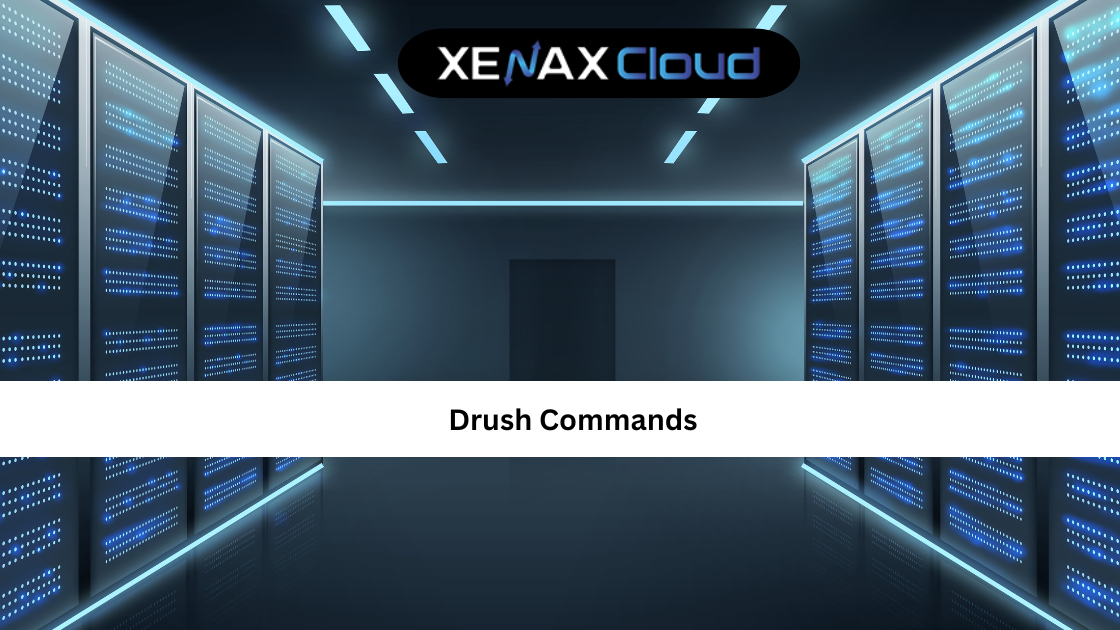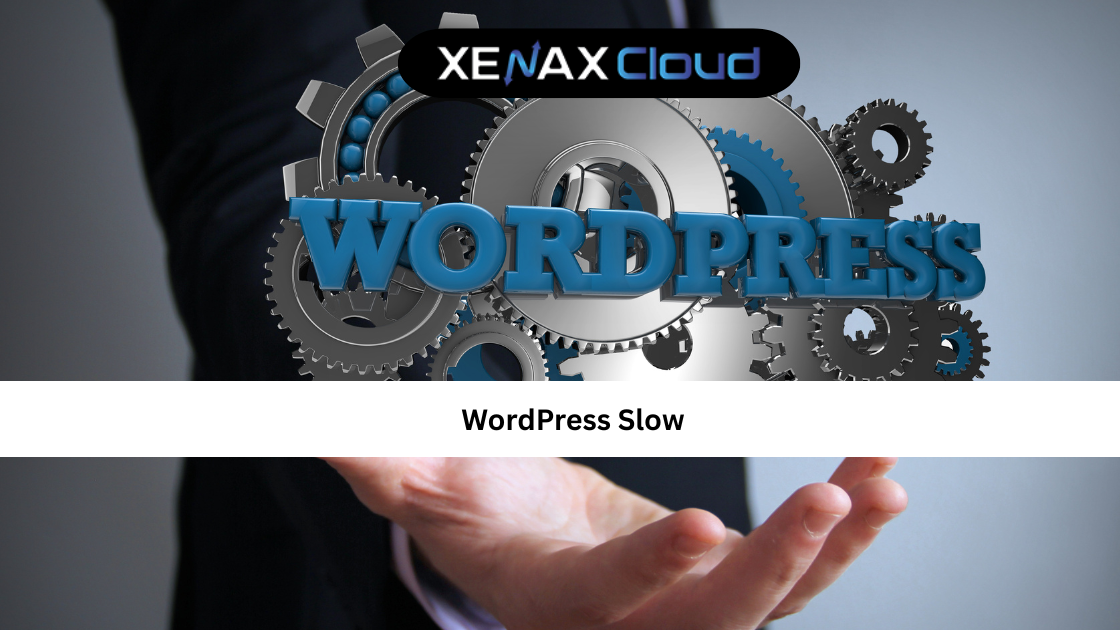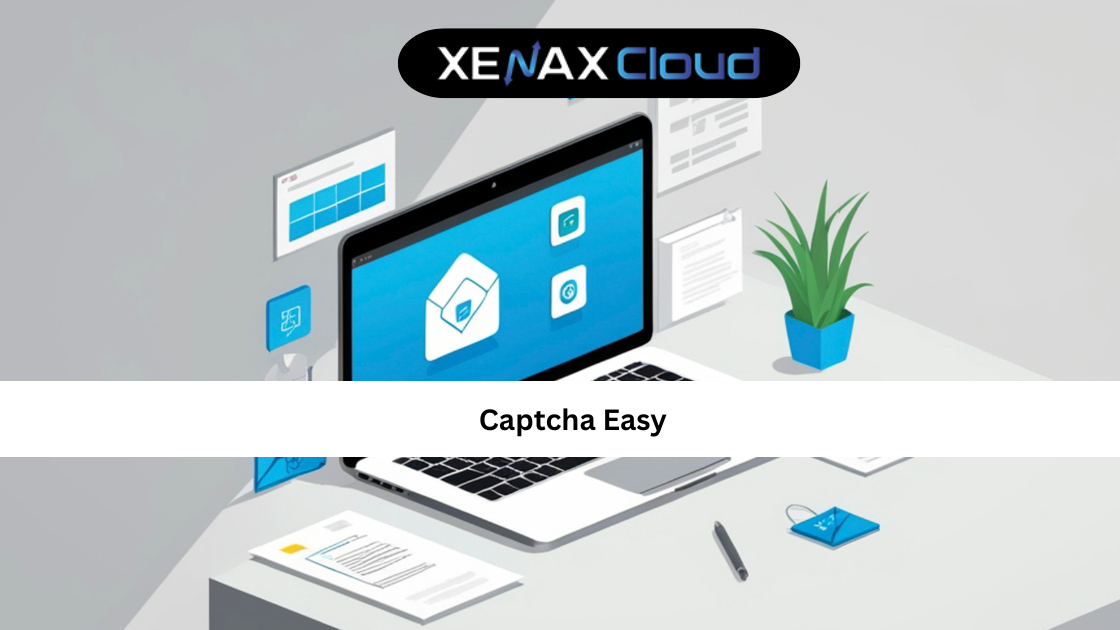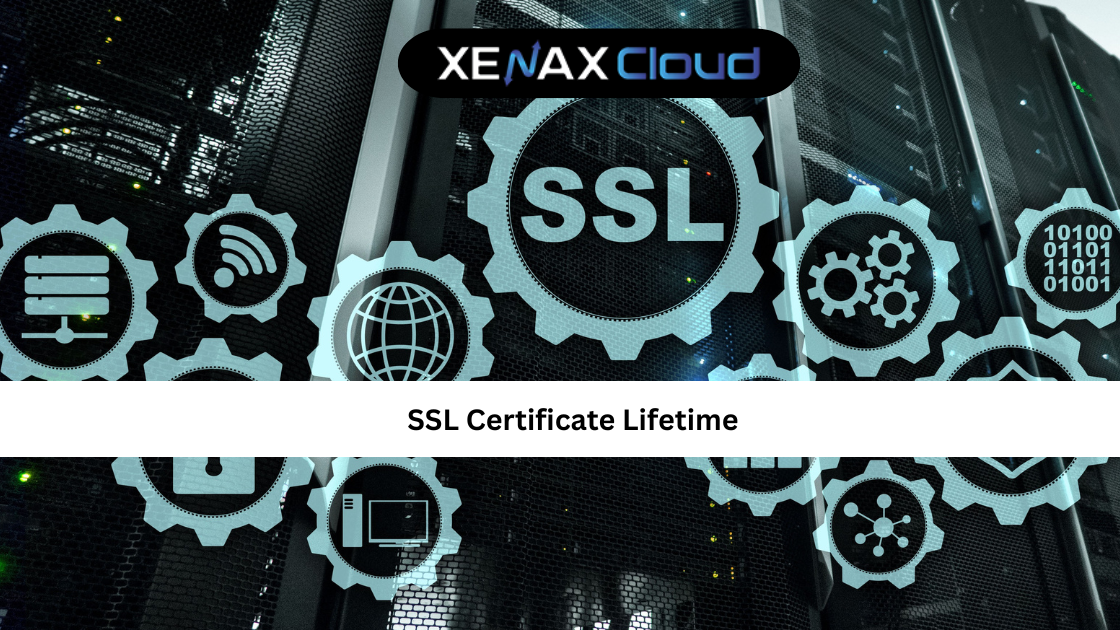Understanding the difference between website and web application is crucial for businesses in India selecting the right hosting solution to meet their online goals. Websites, often static, deliver content, while web applications, typically dynamic, offer interactive functionality. Xenax Cloud, with its state-of-the-art India-based data center, provides a comprehensive suite of web hosting india solutions—Shared Hosting, VPS, Dedicated Servers, and more—to support both static and dynamic platforms. This 3000-word guide explains the difference between website and web application, compares dynamic vs static website hosting needs, and highlights why Xenax Cloud’s Indian infrastructure is ideal for businesses and developers.
Understanding the Difference Between Website and Web Application
What is a Website?
A website is a collection of web pages designed to deliver information or content to users. It typically serves as a digital presence for businesses, blogs, or portfolios. Key characteristics include:
- Content Delivery: Primarily displays static or lightly interactive content (e.g., text, images, videos).
- Simple Functionality: Limited user interaction, such as contact forms or navigation.
- Examples: Company websites, personal blogs, informational pages.
- Hosting Needs: Requires minimal resources, often hosted on shared servers.
What is a Web Application?
A web application is a dynamic, interactive platform that performs specific functions, allowing users to interact with data or processes. Key characteristics include:
- Interactivity: Supports user inputs, real-time updates, and complex workflows (e.g., e-commerce, dashboards).
- Backend Processing: Relies on databases and server-side logic.
- Examples: Online banking apps, e-commerce platforms, project management tools.
- Hosting Needs: Requires robust resources, often hosted on VPS or dedicated servers.
Key Differences
- Functionality: Websites focus on content delivery; web applications offer interactive features.
- Complexity: Websites are simpler, often static; web applications are dynamic, requiring backend processing.
- Resource Needs: Websites need fewer resources; web applications demand higher CPU, RAM, and storage.
- User Interaction: Websites have limited interactivity; web applications support extensive user engagement.
Understanding these differences helps businesses choose the right hosting solution with Xenax Cloud.
Dynamic vs Static Website: A Closer Look
The distinction between dynamic and static websites further clarifies hosting requirements:
- Static Website: Content remains fixed until manually updated. Ideal for blogs or informational sites. Requires minimal server resources, making Xenax Cloud’s Shared Hosting suitable.
- Dynamic Website: Content changes based on user input or database updates. Ideal for e-commerce or social platforms. Requires robust servers, making Xenax Cloud’s VPS or Dedicated Servers ideal.
The dynamic vs static website comparison influences hosting choices, with Xenax Cloud offering tailored solutions for both.
Why Choose Web Hosting India for Websites and Web Applications?
Hosting in India offers significant advantages for both websites and web applications:
- Low Latency: India-based servers ensure fast load times for local users, enhancing user experience and SEO.
- Data Compliance: Adherence to India’s data protection laws ensures secure hosting.
- Localized Support: 24/7 assistance in Indian languages addresses regional needs.
- Scalability: Easily scale from static websites to dynamic web applications as needs grow.
Xenax Cloud’s India-based data center, combined with services like Indian RDP, Reseller Hosting, and Domain registration, makes it a top choice for web hosting india.
Xenax Cloud’s Hosting Solutions for Websites and Web Applications
Xenax Cloud offers a range of hosting solutions optimized for both static websites and dynamic web applications, ensuring performance, security, and scalability.
1. Shared Hosting: Ideal for Static Websites
Shared Hosting is perfect for static websites or lightweight web applications. Features include:
- cPanel Access: Simplifies website and database management.
- Free SSL Certificates: Secures data and boosts SEO.
- 99.5% Uptime: Ensures reliable access for Indian users.
This is ideal for blogs, portfolios, or small business websites.
2. VPS: Scalable Hosting for Dynamic Web Applications
Xenax Cloud’s VPS offers dedicated resources for dynamic web applications. Benefits include:
- Root Access: Full control for custom configurations.
- Customizable Resources: Scale CPU, RAM, and storage for growing needs.
- India-Based Servers: Low latency for Indian audiences.
VPS is ideal for e-commerce platforms or interactive apps.
3. Indian RDP: Secure Remote Management
Xenax Cloud’s Indian RDP provides secure remote access for managing websites and web applications. Features include:
- Seamless Connectivity: Update content or settings from anywhere.
- Robust Security: Protects sensitive data with encryption.
- Affordable Plans: Cost-effective for developers.
This is perfect for remote administration.
4. Dedicated Servers: High-Performance Hosting
For resource-intensive web applications, Xenax Cloud’s Dedicated Servers offer exclusive resources. Benefits include:
- Full Resource Allocation: Optimal performance for high-traffic platforms.
- Custom Configurations: Tailor servers for complex applications.
- Indian Data Center: Fast access and compliance for local users.
This is ideal for enterprise-grade web applications.
5. Domain Registration: Secure Your Online Identity
A domain name strengthens your website or web application’s brand. Xenax Cloud’s Domain registration services offer:
- Competitive Pricing: Affordable .com, .in, and other extensions.
- Easy DNS Management: Streamlined setup for website or app access.
- Local Appeal: .in domains resonate with Indian audiences.
A professional domain enhances credibility and SEO.
6. Reseller Hosting: Offer Hosting Services
Xenax Cloud’s Reseller Hosting allows you to provide hosting for websites and web applications under your brand. Features include:
- White-Label Branding: Build a professional hosting business.
- Scalable Resources: Support multiple client projects.
- 24/7 Support: Xenax Cloud handles technical issues.
This is ideal for agencies offering web hosting india services.
How to Host a Website or Web Application with Xenax Cloud
Here’s a step-by-step guide to hosting a website or web application with Xenax Cloud:
- Choose a Hosting Plan:
- Select Shared Hosting for static websites or lightweight apps.
- Opt for VPS or Dedicated Servers for dynamic web applications.
- Register a Domain:
- Secure a domain via Xenax Cloud’s Domain service (e.g., yoursite.in).
- Set Up the Platform:
- For static websites, use cPanel to install CMS like WordPress.
- For web applications, configure databases (e.g., MySQL) and server-side frameworks (e.g., Node.js) on VPS or Dedicated Servers.
- Secure the Platform:
- Enable free SSL certificates to secure data transfers.
- Configure firewalls and backups for protection.
- Manage Remotely:
- Use Indian RDP to update content or settings securely.
- Test Performance:
- Verify load times and functionality for Indian users.
- Use tools like Google PageSpeed Insights or Lighthouse to optimize performance.
Xenax Cloud’s India-based servers ensure fast, secure, and compliant hosting.
Advanced Tips for Optimizing Websites and Web Applications
To optimize your website or web application with Xenax Cloud:
- Optimize Static Websites: Use caching plugins (e.g., WP Rocket) on Shared Hosting to reduce load times.
- Enhance Dynamic Apps: Implement load balancing or CDNs on VPS or Dedicated Servers for high availability.
- Secure Platforms: Use multi-factor authentication and regular security scans to protect data.
- Monitor Performance: Track resource usage with cPanel analytics or tools like New Relic.
- Scale Resources: Upgrade from Shared Hosting to VPS or Dedicated Servers as traffic or complexity grows.
Xenax Cloud’s hosting ensures these optimizations are seamless and effective.
Common Use Cases for Websites and Web Applications
- Static Websites: Host blogs or portfolios on Shared Hosting for cost efficiency.
- Dynamic Web Applications: Run e-commerce or CRM platforms on VPS or Dedicated Servers.
- Small Businesses: Launch informational websites with .in domains for local appeal.
- Remote Management: Manage platforms with Indian RDP for secure access.
- Resellers: Offer hosting for client websites or apps via Reseller Hosting.
Xenax Cloud’s solutions support all these scenarios with ease.
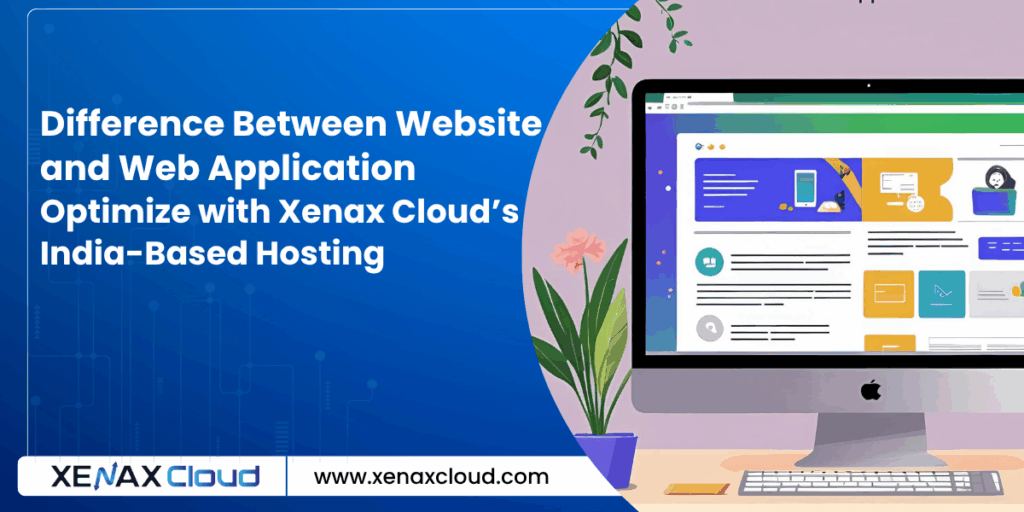
FAQs
1. What is the difference between website and web application?
A website delivers static content; a web application offers dynamic, interactive functionality requiring robust hosting.
2. Why choose Xenax Cloud for web hosting India?
Xenax Cloud’s India-based servers provide low latency, compliance, and 24/7 support for websites and web applications.
3. Can I host a static website on Xenax Cloud’s Shared Hosting?
Yes, Shared Hosting is ideal for static websites with minimal resource needs.
4. Are Xenax Cloud’s servers secure for web applications?
Yes, all plans include free SSL certificates, firewalls, and backups for secure hosting.
5. Can I scale from a website to a web application with Xenax Cloud?
Yes, upgrade from Shared Hosting to VPS or Dedicated Servers as your needs grow.
Conclusion
Understanding the difference between website and web application is key to selecting the right hosting solution. Xenax Cloud’s web hosting india solutions—Shared Hosting, VPS, Indian RDP, Dedicated Servers, Domain, and Reseller Hosting—support both static and dynamic vs static website needs. With India-based servers, Xenax Cloud ensures low latency, security, and compliance. Explore their services today to host your website or web application with confidence.



